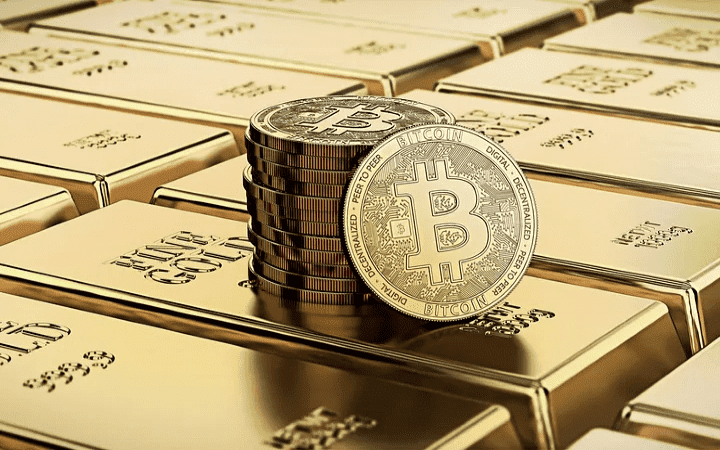BLOG


Can Crypto Ever Replace the US Dollar?
Bitcoin,like many other cryptocurrencies, was created with the intention of being a global digital currency independent from any government or middleman. Naturally, many assume this means that Bitcoin and other cryptocurrencies have the potential to replace the U.S. dollar as the global standard. Let’s look at this possibility and see how likely it truly is.
At first glance, the most obvious choice to replace the dollar would be Bitcoin, since it is the largest and most well-known crypto. However, this is incredibly unlikely for many reasons relating to the economics of Bitcoin and some of its features. For context, the U.S. dollar is a fiat currency issued by the United States, meaning it is backed solely by the goodwill and trust of the United States government, as opposed to being backed by a reserve asset such as gold. Additionally, it is inflationary, meaning it loses purchasing power over time, historically at a rate of 2% per year. Even though this seems predatory as it devalues the purchasing power of people who hold dollars, it is important for stimulating the economy because it gives people an incentive to spend their dollars instead of holding them indefinitely.
On the other hand, Bitcoin is completely different, as it is currently inflationary but will one day be deflationary. Every 10 minutes, the Bitcoin blockchain emits 6.25 BTC to miners, which helps to incentivize the mining process. However, only 21 million BTC will ever be minted. There are currently around 19 million Bitcoin in circulation, and the full 21 million will be in circulation around 2139 given the current inflation schedule. Once this cap is reached, Bitcoin will effectively become deflationary, since it can be assumed that people will lose Bitcoin or misplace their private keys over time, lowering the overall supply. In fact, this has already been happening, and some estimate that over a million Bitcoin have already been lost forever.
With a decreasing supply, and an assumption of constant or increasing demand, there is no incentive for anyone to spend their Bitcoin, and thus it will never become a medium of exchange to rival the dollar. This is already seen today, as Bitcoin transactions are quite rare in the real world, even for the most diehard crypto fans.
Though Bitcoin may never become a widely used digital currency, it still has a chance to become the global reserve currency analogous to gold. In the past years, companies like Tesla and MicroStrategy have begun adding Bitcoin to their balance sheets as a hedge against inflation and fiat currencies in general. As more and more companies and individuals begin to see Bitcoin as a legitimate asset that could bring stability or diversity to their portfolios, the more Bitcoin’s use case will increase. Some experts expect Bitcoin to overtake the market capitalization of gold at some point in the future, though when or if that will happen remains uncertain.
The more likely choice for a global digital currency is one with a low inflation rate, infinite supply, and cheap and fast transactions. What this cryptocurrency could be is not clear, as there are many potential candidates yet none that have truly caught on. This is partially because crypto used for payments would likely also be stable and have little potential for big returns. This creates a complex paradox wherein there will not be a cryptocurrency used for exchange until one becomes big enough, but there are not enough incentives to grow a payment currency to a critical mass.
The problem of creating a cryptocurrency to be the global medium of exchange is complex, and likely will not be solved without the intervention of companies and other large supporters. That being said, Bitcoin is well on its way to becoming a digital gold, and some already view it as such.
